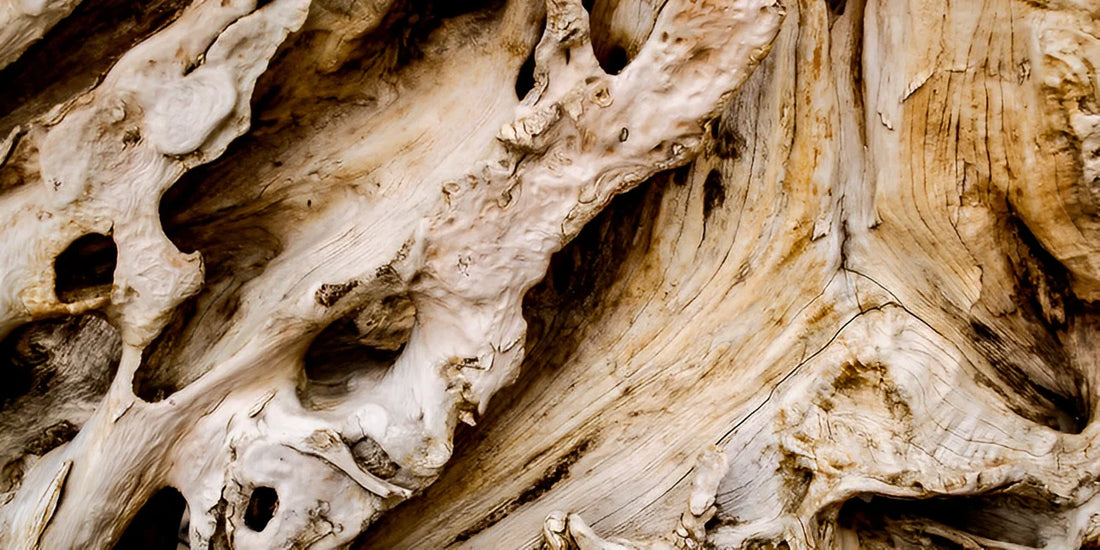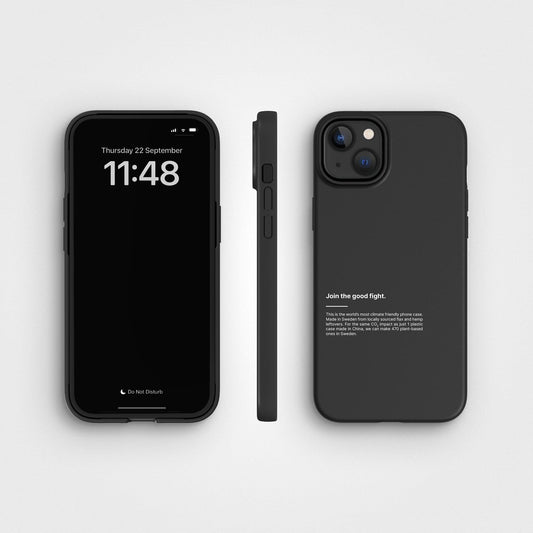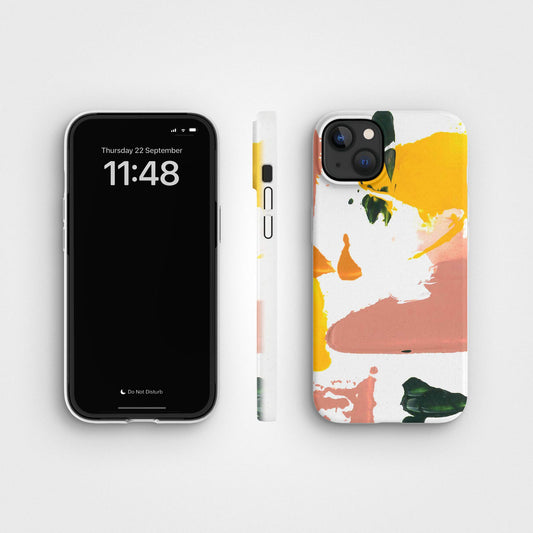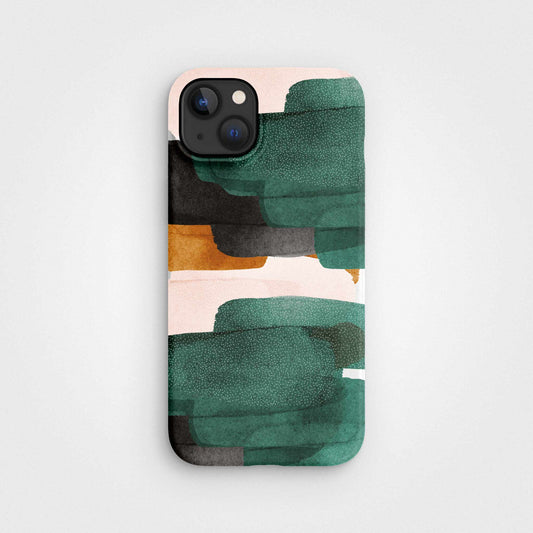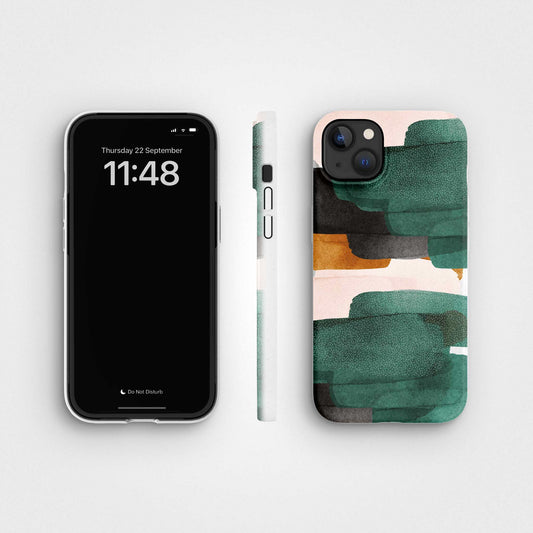Welcome agood company, where we believe that fashion and sustainability go hand in hand. We're proud to offer our customers high-quality clothing that not only looks good but also does good for the planet. That's why we've chosen to use Tencel in our clothing line, a biodegradable fabric made from sustainably sourced wood. Tencel is a fantastic option for those looking to reduce their environmental impact without sacrificing style or comfort. In this article, we'll explore the many reasons why Tencel is the perfect choice for eco-conscious fashion lovers and how it's changing the game for sustainable fashion. Get ready to discover why Tencel is the fabric of the future.
What is it?
Why we like It
Tencel is a fabric that has captured the hearts of sustainable fashion enthusiasts all around the world. Here's why we like it so much:
-
Biodegradable: Tencel is made from natural cellulose fibers that can decompose in soil, making it a more environmentally friendly alternative to synthetic fabrics that can take hundreds of years to break down.
-
Soft and lightweight: Tencel has a silky smooth texture that feels soft and gentle on the skin. It's also incredibly lightweight, making it a comfortable choice for everyday wear.
-
Breathable: Tencel's natural fibers are highly breathable, allowing air to circulate around the body and preventing overheating.
-
Wrinkle-free: Unlike other natural fibers like cotton, Tencel is wrinkle-resistant, making it a great choice for travelers or anyone who hates ironing.
Applications
Tencel's versatility and sustainability make it a popular choice for a variety of fashion applications. Here are some of the ways Tencel is being used:
-
Clothing: Tencel is an excellent choice for making clothes of all kinds, including dresses, skirts, shirts, and pants. Its softness and breathability make it a comfortable option for everyday wear, while its durability and wrinkle-resistance make it a practical choice for formal occasions.
-
Underwear: Tencel's moisture-wicking properties make it an ideal fabric for making underwear. Its breathability and softness provide a comfortable fit, while its antibacterial qualities help to keep odors at bay.
-
Homewear: Tencel is also being used to create comfortable and sustainable homewear items such as pajamas, loungewear, and bedding. Its silky-smooth texture and breathability make it perfect for creating cozy and comfortable items that are gentle on the skin.
Benefits of using tencell
Tencel is a fabric that not only feels good to wear but also does good for the environment. Here are the benefits of using Tencel:
-
NO deforestation: Tencel is made from sustainably sourced wood, which means that it is not contributing to deforestation or harming natural ecosystems.
-
NO water pollution: Tencel production uses a closed-loop system, which means that the water used in the manufacturing process is recycled and reused. This reduces the amount of water needed for production and minimizes the risk of water pollution.
-
NO landfill waste: Tencel is biodegradable, meaning that it can decompose naturally without leaving any harmful waste in the environment. This makes it a more sustainable alternative to synthetic fabrics that can take hundreds of years to break down in landfills.
-
YES reuses chemicals: Tencel production uses a closed-loop system that allows for the reuse of chemicals used in the manufacturing process. This reduces the amount of chemicals needed and minimizes waste.
-
YES biodegradable: Tencel is a naturally biodegradable fabric, meaning that it can break down naturally over time without leaving behind any harmful waste.
-
YES sustainably sourced wood: Tencel is made from sustainably sourced wood, which means that it is harvested in a responsible and eco-friendly way that minimizes harm to the environment.
Conclusion
In conclusion, Tencel is an excellent fabric choice for anyone looking for comfortable and sustainable clothing options. Its softness, breathability, and durability make it a popular choice among designers and consumers alike, while its environmentally friendly production process and biodegradability make it a more sustainable alternative to synthetic fabrics. By using Tencel, we can help to reduce the harmful impact of the fashion industry on the environment and promote a more sustainable future for all. So, whether you're looking for clothing, underwear, or homewear, consider choosing Tencel for a more eco-friendly and comfortable option.
